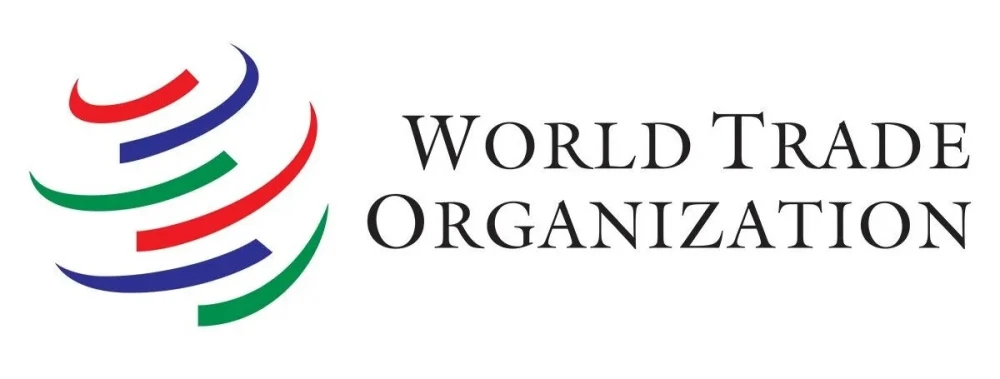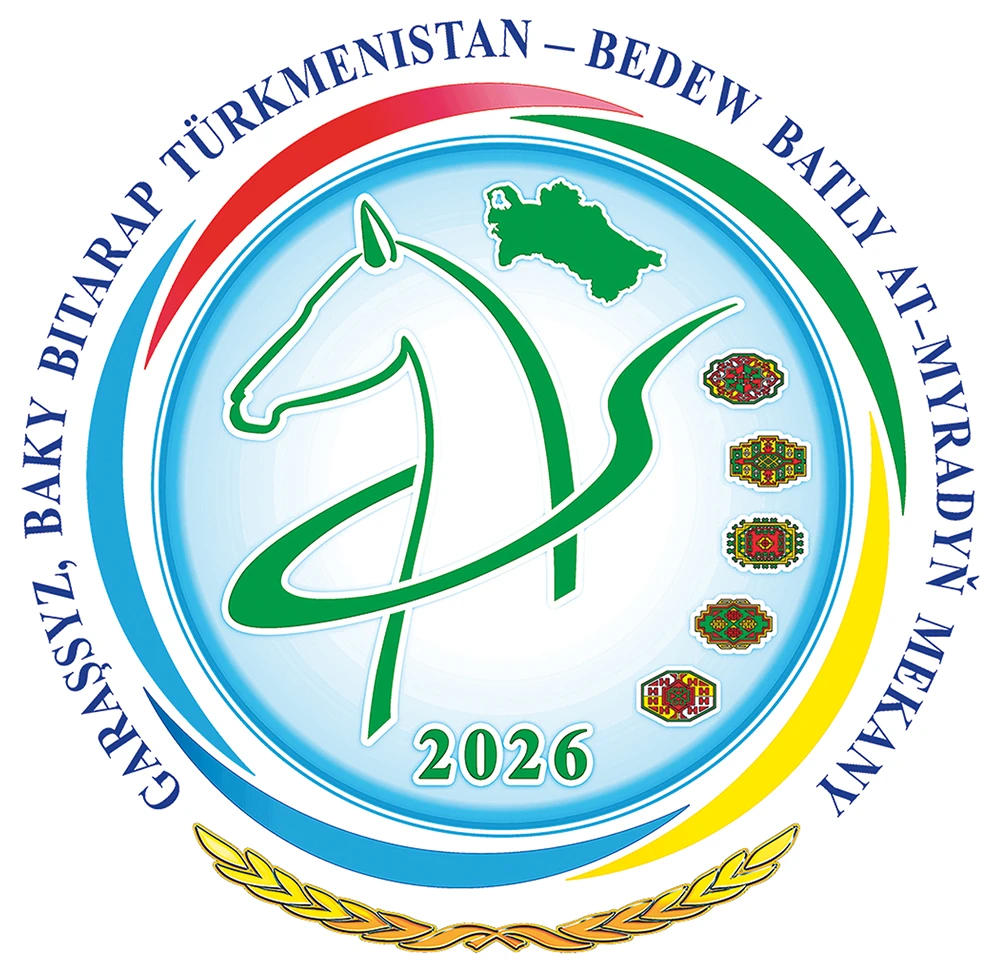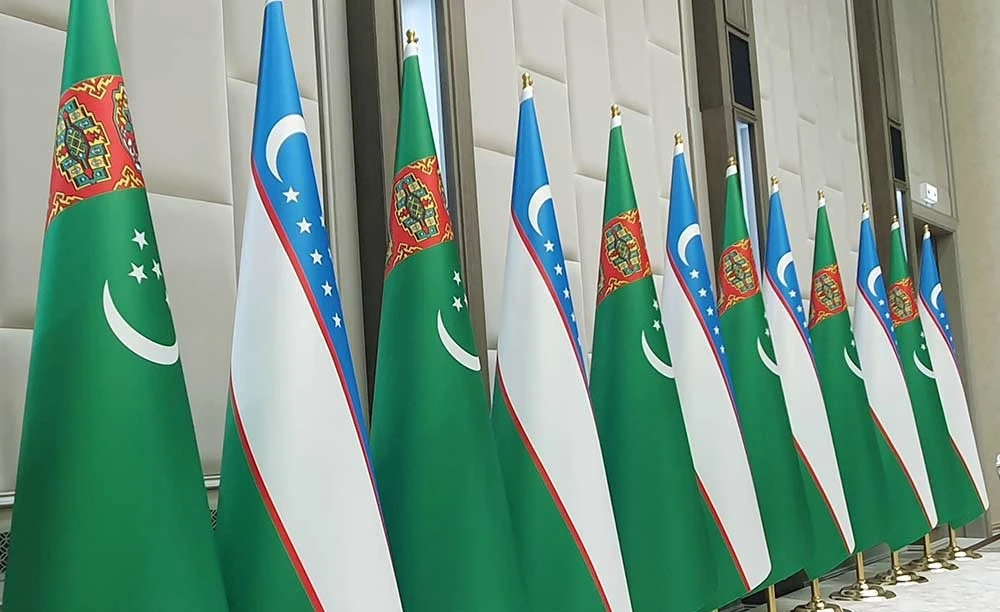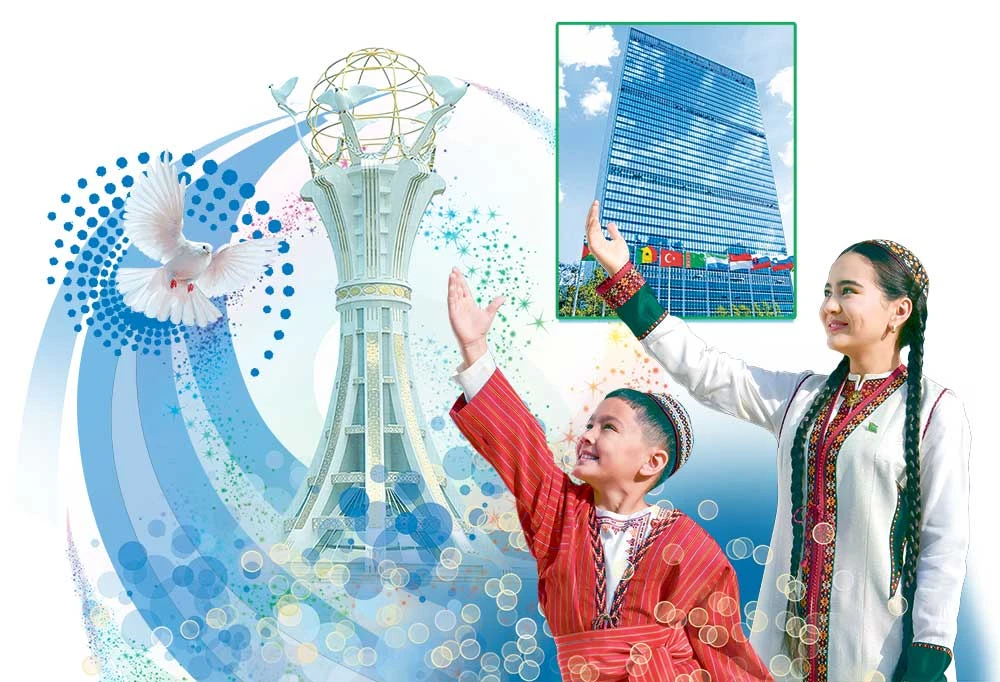
1280
The World Trade Organization: Promoting Fair and Smooth Global Trade
- Rule-making: The WTO establishes a set of trade rules embodied in various agreements. These agreements cover areas like tariffs, subsidies, intellectual property rights, and product safety standards. Member countries agree to abide by these rules, creating a level playing field for international trade.
- Dispute Settlement: The WTO provides a mechanism for resolving trade disputes between member countries. This involves a formal process where countries can present their cases and independent panels issue rulings. These rulings can be appealed, but ultimately, they aim to ensure fair trade practices and prevent countries from resorting to protectionist measures.
- Trade Liberalization: The WTO works to reduce barriers to trade, such as tariffs and quotas. This is achieved through trade negotiations between member countries, with the goal of increasing market access and promoting economic growth.
- Trade Monitoring: The WTO monitors the trade policies of its members and reports on how they comply with WTO agreements. This helps to ensure transparency and accountability in the global trading system.
The WTO has also played a significant role in shaping the global economy since its inception. Since its commencement, WTO has a lot of achievements:
- Increased Global Trade: Trade has flourished under the WTO's framework, leading to greater economic integration and interdependence between countries.
- Economic Growth: The elimination of trade barriers has boosted economic growth for many countries, particularly developing nations.
- Improved Living Standards: Increased trade has led to a wider variety of goods and services at lower prices for consumers around the world.
The WTO continues to play a vital role in the global trading system. However, it needs to adapt to address the challenges of the 21st century. This includes finding ways to ensure that developing countries benefit more from trade, promoting sustainable trade practices, and addressing concerns about the social impact of globalization.
Turkmenistan on the Path to Joining the WTO: A Budding Relationship
Turkmenistan, a Central Asian nation rich in natural gas reserves, is actively pursuing membership in the World Trade Organization (WTO). While not yet a full member, Turkmenistan has taken significant steps towards WTO accession, building a relationship focused on integration into the global trading system.
In July 2020, Turkmenistan gained observer status, a crucial first step in the accession process. This allows the country to participate in WTO meetings and gain a deeper understanding of its rules and regulations.
A formal application for full membership was submitted in November 2021. This triggered the establishment of a Working Party by the WTO to oversee the accession process.
In February 2022, Turkmenistan's status was upgraded to "active observer," granting it greater involvement in WTO discussions and negotiations.
Throughout 2024, technical working sessions have been held between Turkmenistan and the WTO Secretariat. These sessions focus on crucial areas like intellectual property rights, trade in services, and trade agreements, paving the way for a Memorandum of Foreign Trade Regime (MFTR).
Benefits of WTO Membership for Turkmenistan:
- Increased Market Access: Joining the WTO would allow Turkmenistan to access new markets for its exports, particularly natural gas and other resources.
- Foreign Investment: WTO membership can make Turkmenistan a more attractive destination for foreign investment, leading to economic diversification and job creation.
- Trade Facilitation: The WTO framework promotes streamlined customs procedures and reduced trade barriers, making it easier and cheaper for Turkmenistan to import and export goods.
The relationship between Turkmenistan and the WTO is one of ongoing engagement. As Turkmenistan progresses through the accession process, it will continue to work with the WTO to address challenges and implement necessary reforms. Full membership in the WTO holds the potential to unlock significant economic benefits for Turkmenistan, but the road ahead requires dedication and a commitment to adapting to the global trading system.
The WTO remains a dynamic and evolving organization. As the global economy continues to change, the WTO will need to adapt and address new challenges to ensure that international trade remains a force for good in the world.
Yagshymyrat OVEZOV,
the 2nd year student
of the Faculty of International Economic Relations
of the Institute of International Relations
of the Ministry of Foreign Affairs of Turkmenistan.


